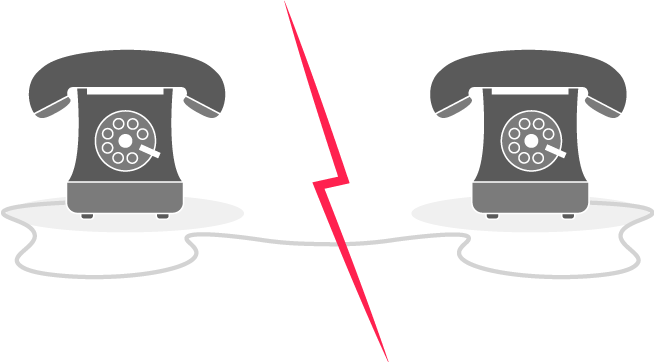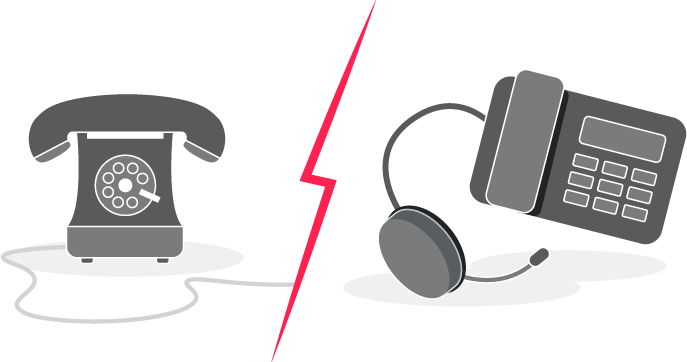Call Cowboy Cloud PBX is not just another company - it's a new way of looking at the telecom world
Swapping a traditional phone for VoIP desk phones can save your business up to 60% of the cost and enable cloud-based communication.
Call Cowboys provides important features like unlimited minutes, IVR, and voicemail.
Switch to a modern PBX service that lets you set up voicemail and make conference calls with the least amount of cost.
Reliability
Business never takes a break, and neither should your phone service. Call Cowboy has a 99.999% uptime.

